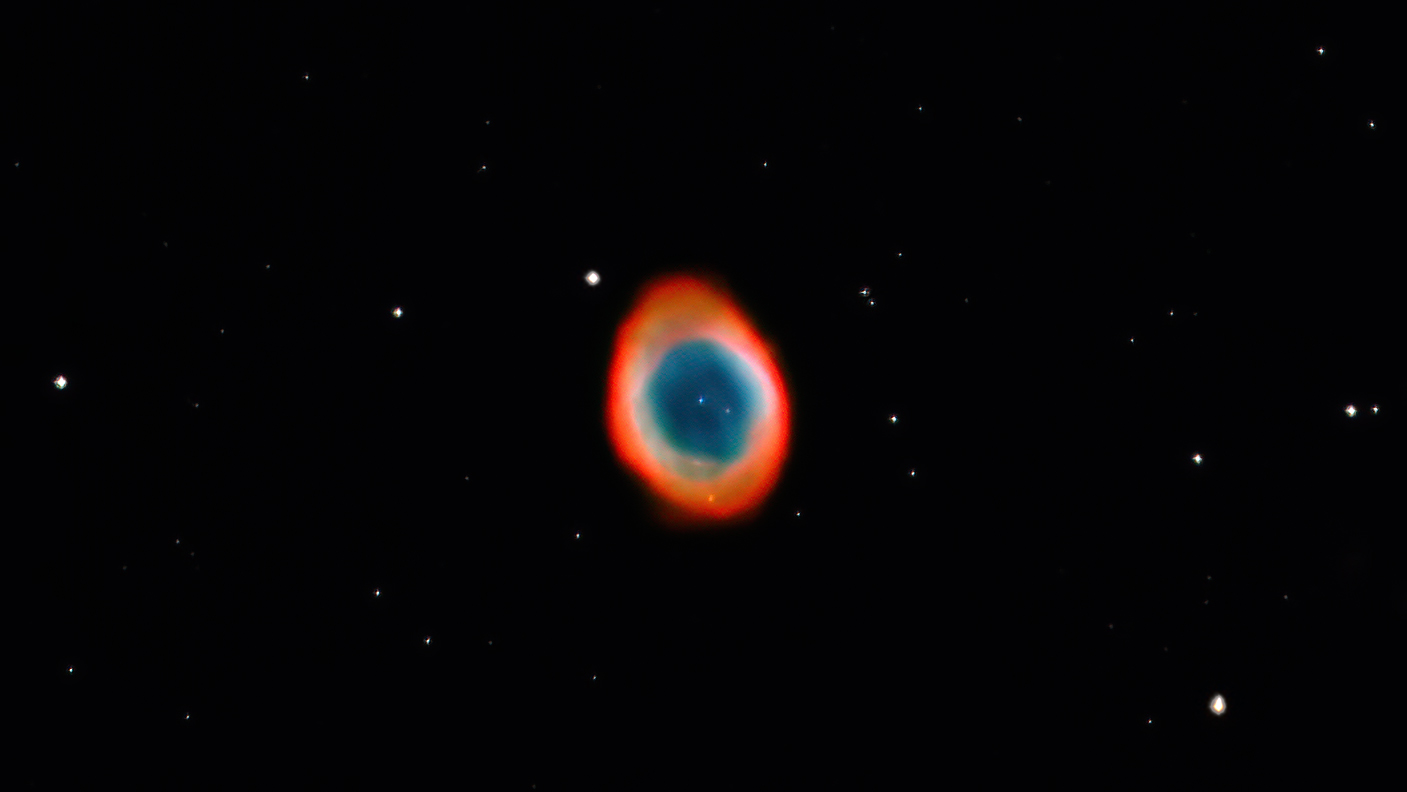Start and End Dates
May 1 to Oct 15. Candidates can apply for 1-3 week terms as AIR. The first AIR shift is from May 1 to May 7 and the last shift runs from October 9 to October 15.
Candidate Requirements
Candidates are expected to be reasonably fluent in general astronomy knowledge, stargazing, and telescope operations. Candidates should have experience in astronomy outreach.
The AIR program is a public (mixed) audience communication venue and may require candidates to improvise and provide original content (star tours, slides, what’s up tonight, etc.). We want to hear your fun ideas for presenting the sky! Due to the public component of this program, candidates must be comfortable speaking publicly.
Candidates will also be assisting with existing tours and helping park staff with astronomy related content and organization. An example session where a Candidate has signed up for 2 weeks will generally see that person running 6 public programs within a two week period, the dates will be chosen with Discovery Leader (at Killarney Park).
Note, due to the facilities being remote, appropriate telescope training is also provided at York University upon demand. Candidates who have demonstrated ability with similar telescopes will likewise be considered certified in astronomical skill for Killarney Parks equipment (see observers guides on the website for more).
Candidates will in return also provide training to Ontario Parks staff for astronomy, observatory operations, tour materials, etc. This will be included in your on-site time, and not be expected to be prepared in advance.
Please note, there will always be a member of Killarney Park staff with the Astronomer in Residence for all programs (if only for emergency purposes).
Shared Shifts: Candidates who would like to share a shift will share honorarium.
Basic Scheduling
*Tours run on site 2-5 times a week, flexible scheduling
*Monday - in/arrive
*Sunday - in/arrive
Privacy Disclosures
As with all outreach your image and science presentation will be shared with the public. This includes on public tours as well as YouTube livestreamed (and recorded) video sessions. Relevant permissions require a successful candidate to fill out the Model Release Form and the Photography Release Form listed on the homepage for AIR.
Research Possibilities and Responsibilities
The Killarney Parks Observatory will support accepted candidate research proposals where possible. In the event that an astronomer publishes from data taken while an astronomer in residence the following items are required:
1) Killarney Observatory requests an acknowledgement be included [statement here].
2) The astronomer should provide a link to the paper when published for inclusion on the Killarney Parks/AICO AIR websites
Candidate Responsibilities
During residency as an AIR, a successful candidate will be responsible for sharing their contact information with the Killarney Parks Contact and with the AIC Observatory Director. During residency all images/materials created for programs are property of AICO and Killarney Parks (images taken with telescopes, phones, for/around shows, etc). Sharing images back to google drive for inclusion on the AIR website is required. This will include a citation for the astronomer on the page so that credit is shared with the astronomer for activities.
Running shows is a major part of the AIR program, in order to successfully run the public outreach program the candidate must:
- Agree to participate in all required training from Ontario parks
- Fill out required forms for Health and safety, staff house agreement, OPS code of conduct, etc.
- Agree to perform both observing and reporting while at Killarney Parks
- Have a compatible telescope certification or do a certification interview with AICO
- Existing certification and telescope instructions can be found on the main site
- Initial candidates may be asked to help create instructional videos for future candidates
- Be knowledgeable on safety procedures and methods for closing telescopes
- Be able to put photos up after an event on social media etc.
- Use proper key management, observatory keys have a responsibility clause. Part of the honorarium is held back, $200 of the total. If keys are lost/damaged that is used for the $200 fine, otherwise final $200 is given at the end when keys are returned.

